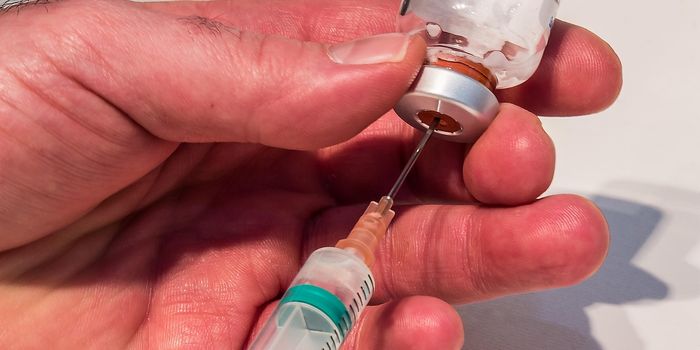The Unexpected Role of Mono in Cancer Progression
In the past, the go-to drugs have always been small molecules. These small molecules would interact with the cell and activate or impair one or more pathways. As research advanced, so did the types of drugs available. From antibodies, immune proteins that specifically recognize other proteins, to CAR-T therapy, artificially enhancing native T cells to target cancers, the technology behind fighting cancer has gone down a variety of paths. One of the lesser-known of these technologies is affibodies.
Affibodies are small engineered versions of antibodies. They have the benefit of often retaining the binding ability of a regular antibody, but are usually much easier to produce, and are not retained in the blood for very long post-injection. A group from China decided to utilize this affibody technology targeting Epstein-Barr Virus (EBV) positive head and neck cancers.
The Epstein-Barr Virus, more commonly known as "mono," is a relatively minor virus that has never-the-less been linked to progression of certain cancers. One of the EBV protein thought to be responsible for this is called latent membrane protein 2A (LMP2A). LMP2A is known to hijack signaling pathways to promote EBV pathogenesis and, in some cases, further tumorigenesis. Using this as a starting point, the group began their affibody investigation.
The group started by running a screen of affibodies to identify those effective in binding LMP2A. They ended up with three prime candidates. In vitro testing showed that all three affibodies inhibited growth in EBV positive tumor cell lines and bound specifically to EBV positive tumors but not EBV negative tumors in mouse models. The impaired growth seemed due to cell cycle arrest, which, when combined with epitope mapping of the binding sequence for the affibodies, led the group to the AKT/GSK-3B/B-catenin signaling pathway.
This signaling pathway has a role in cellular proliferation, apoptosis, and several other cellular processes, many of which are also related to tumor growth. In LMP2A affibody treated cell lines, it was discovered that phosphorylation of many of the pathway's components was inhibited. In particular, B-Catenin was found to have impaired nuclear localization, which would hinder it from conducting it's transcription factor activities.
One of the most interesting results from this work was that LMP2A affibodies gave great early results as probes for EBV positive head and neck cancers. A high contrast signal could be attained after 4 hours and would last for around 24 hours. The probe was then nearly completely cleared from the blood by 48 hours. The therapeutic use of the affibodies needs a lot more research; however, with early results promising, but not spectacular. Regardless, the efforts of this group have shown the effective use of the LMP2A as a probe against EBV positive cancers and will allow early diagnoses, which will improve the overall prognosis of EBV positive cancers.
Sources: Nature, Cancer Research UK









